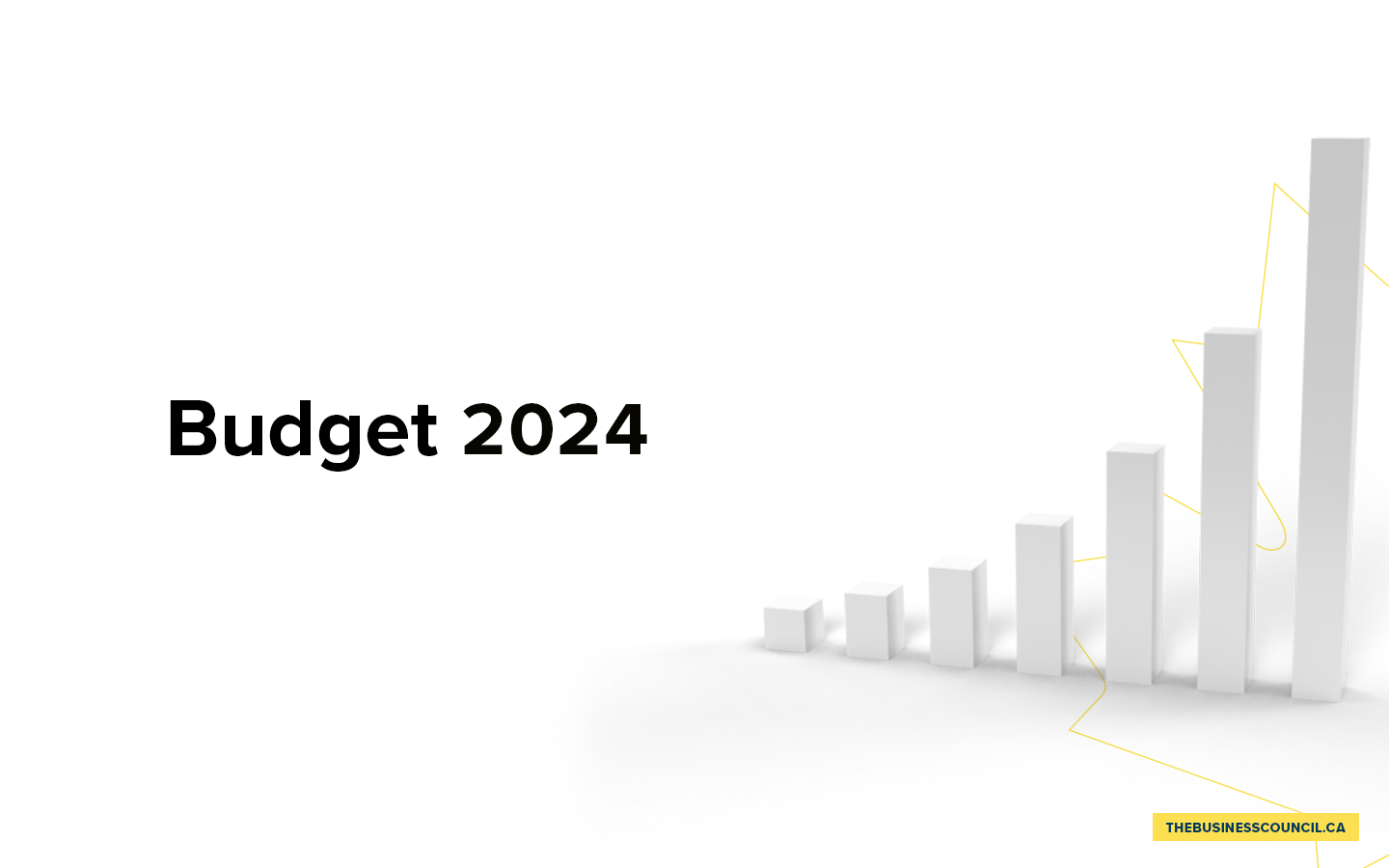Tax and spend budget will inhibit growth
The 2024 federal budget holds back Canada’s potential, warns the Business Council of Canada (BCC).
The tax-and-spend fiscal plan will discourage the economic growth necessary to improve living standards; deter the business investment that helps boost wages; and place a greater debt burden on future generations.
“The federal government’s inability to make choices and rein in spending will have a negative impact on the lives and livelihoods of all Canadians,” says BCC President and CEO Goldy Hyder.
He adds the increase in capital gains taxes is particularly troubling.
“Increasing the cost of capital might appear to be good politics to some, but it is bad economic policy for all. Wealth redistribution is not wealth creation and the spending measures introduced today will saddle Canadians with debt without encouraging the strong and sustained economic growth they deserve.”
Budget projections show Canada’s debt servicing cost will be $54.1 billion this fiscal year. That’s $2 billion more spent on debt payments than the planned $52.1 billion that will be spent on health transfers to provinces and territories.
“If the government wants to ensure the long-term viability of its new spending plans, it must view the private sector as a partner in building a strong and growing economy,” Hyder adds. “Instead, the government is punishing the investors it relies on to generate growth. That means fewer good-paying jobs for Canadians.”
Over the past year, the BCC has outlined several measures the government could have taken to cultivate economic growth, including adhering to a meaningful fiscal anchor, introducing a comprehensive program spending review, and implementing promises that would accelerate investment in the energy transition.











